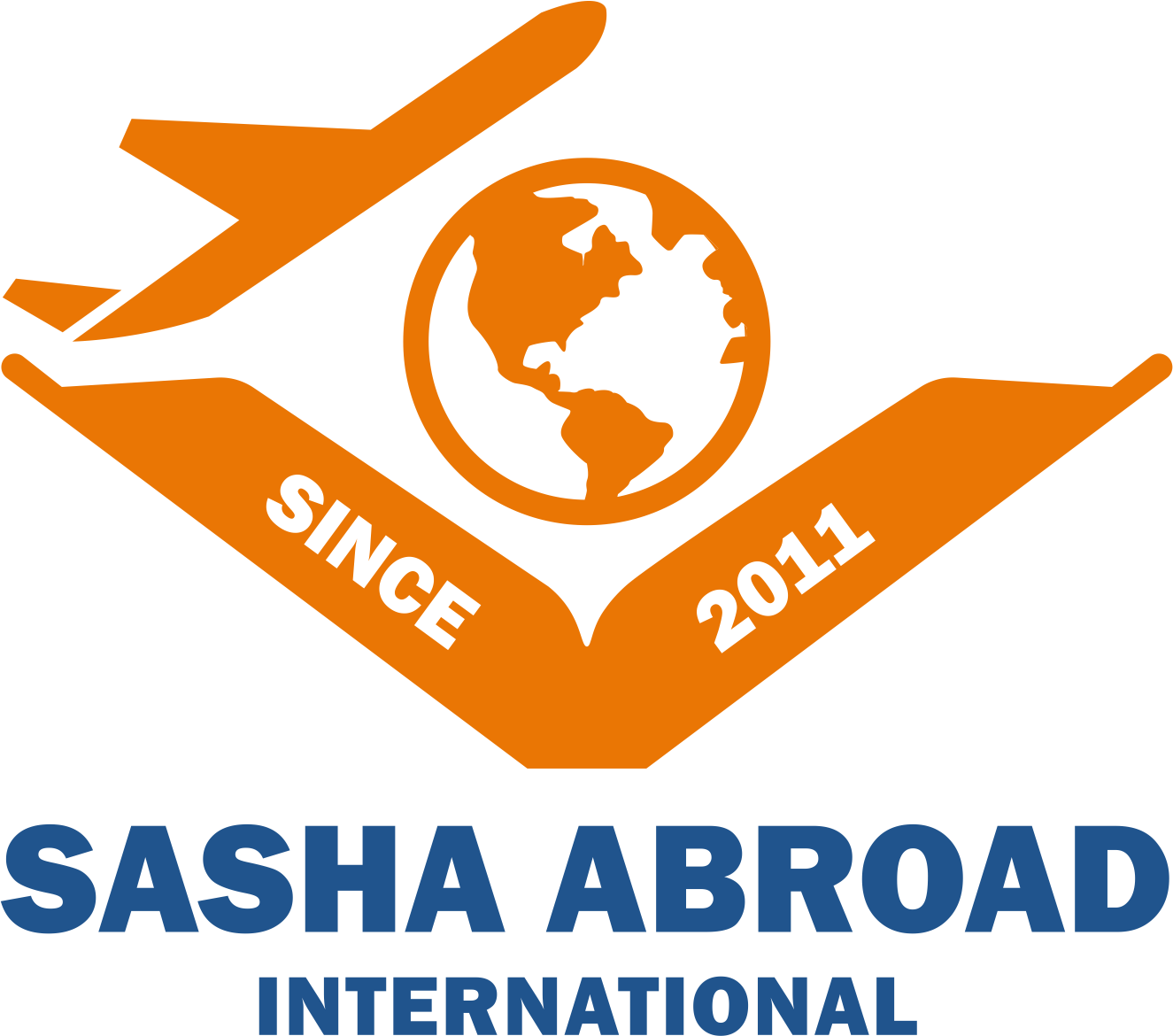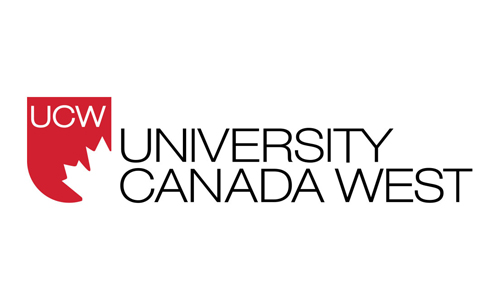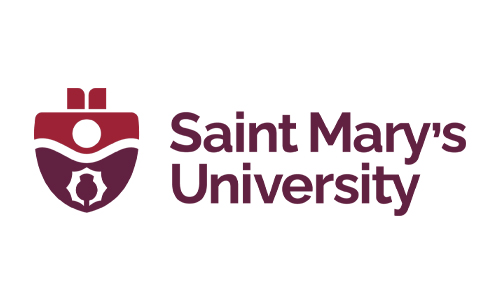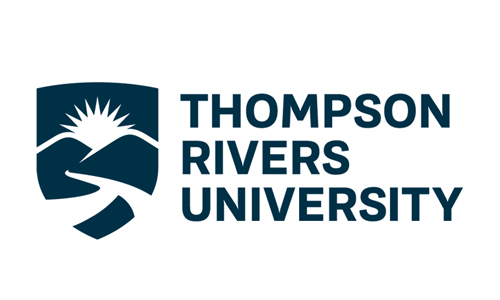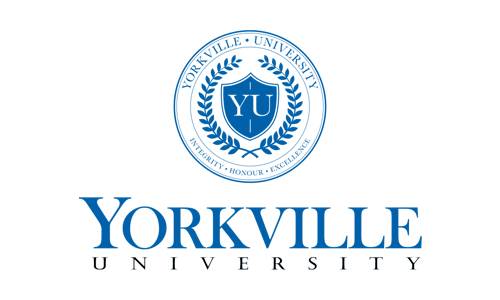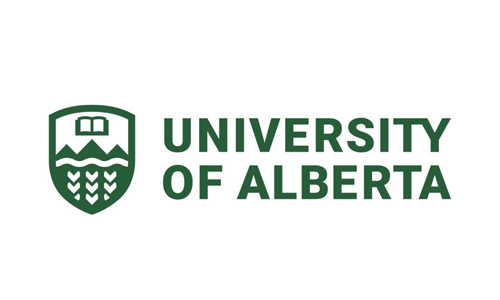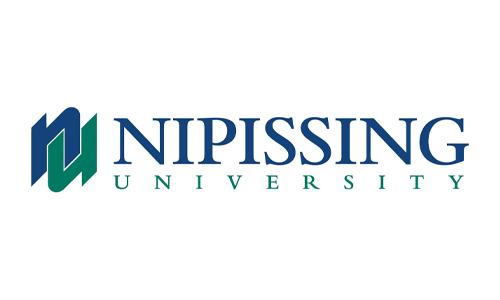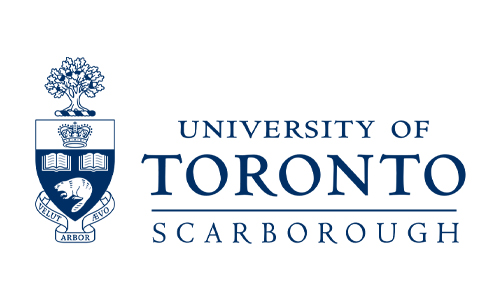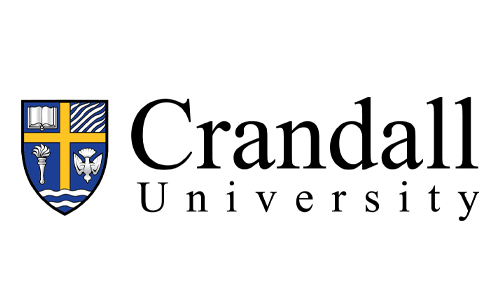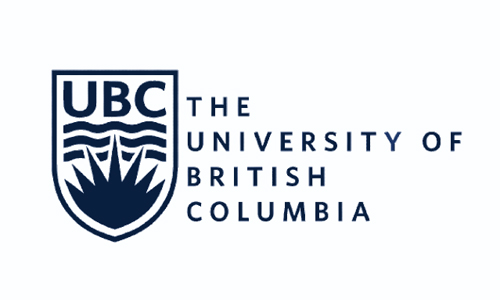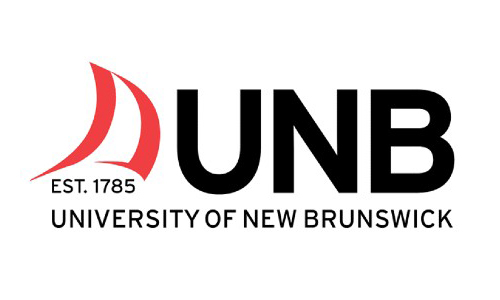Study in Canada
⇒ About Canada Education
Canada has a robust and well-resourced public education system that is mostly administered at the provincial level. As a result, the educational system can differ in various ways between provinces. Yet, because the federal government is in charge of overseeing education, the level of education is uniformly high across the nation.
In Canada, there are both public and private educational systems. With an average expenditure of about 6% of its GDP, the Canadian government extensively subsidizes education from pre-kindergarten to post-secondary levels. This suggests that relative to other OECD nations, Canada spends more on education.
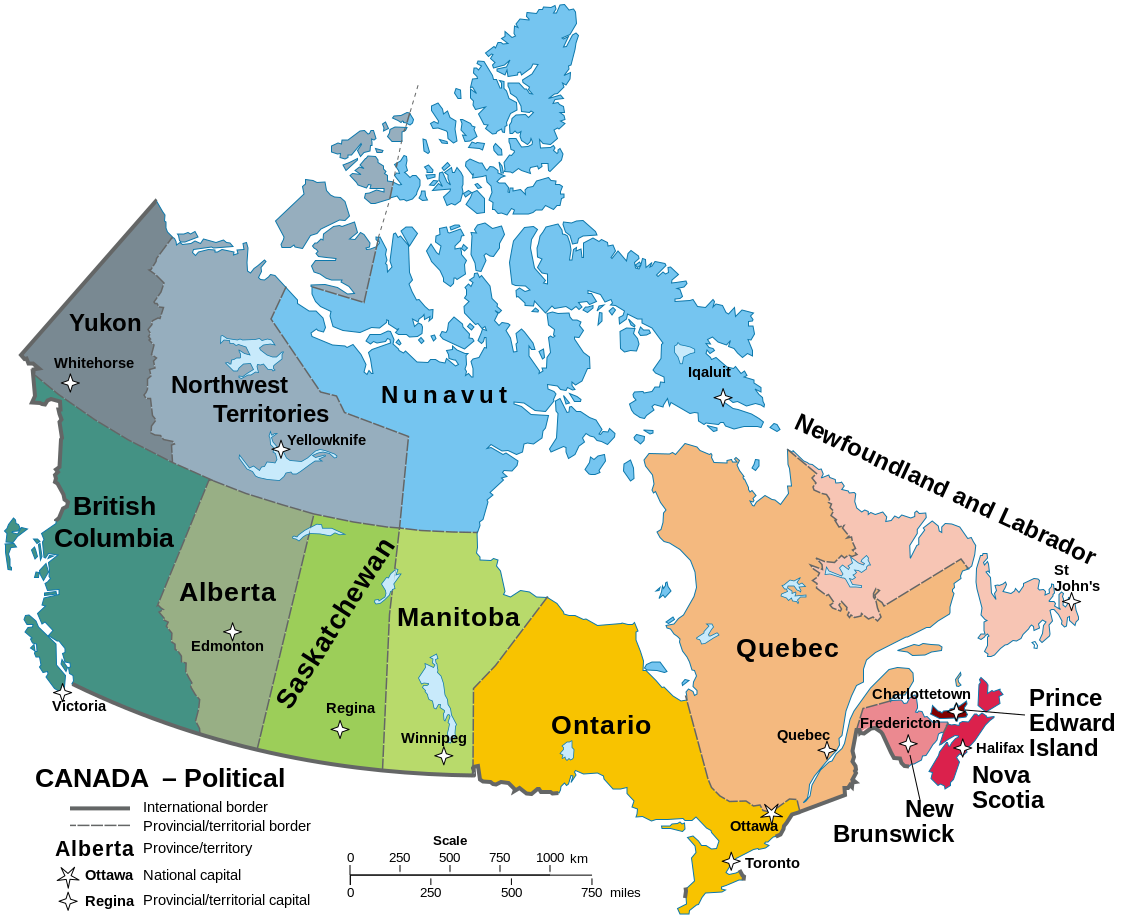
Generally speaking, the education system is divided into three levels:
⇒ Also known as elementary school, this level runs from Kindergarten or Grade 1 (ages six to seven) and runs through to Grade 8 (ages 13 to 14). The school year normally runs from September through to the following June.
⇒ Also known as high school, this level runs from Grade 9 (ages 14 to 15) to Grade 12 (ages 17 to 18). Ontario has a Grade 12+. In Quebec, students attend high school until the age of 16. They may then proceed to CEGEP, a publicly-funded two-year college where students may pursue either a university preparation diploma or a vocational diploma.
⇒Canada has a wide network of colleges and universities, offering some of the best post-secondary education worldwide.
Universities
Canada has internationally recognized universities offering various courses, the duration of which depends on the course selected.
Here’s a shortlist of the Canadian universities, among the many!
You can get a range of courses to choose from, including:
• Biosciences, Medicine and Healthcare
• Media and Journalism
• Agricultural Science and Forestry
• Mathematics, Statistics, Actuarial Science & Analytics
• Psychology & Human Resources

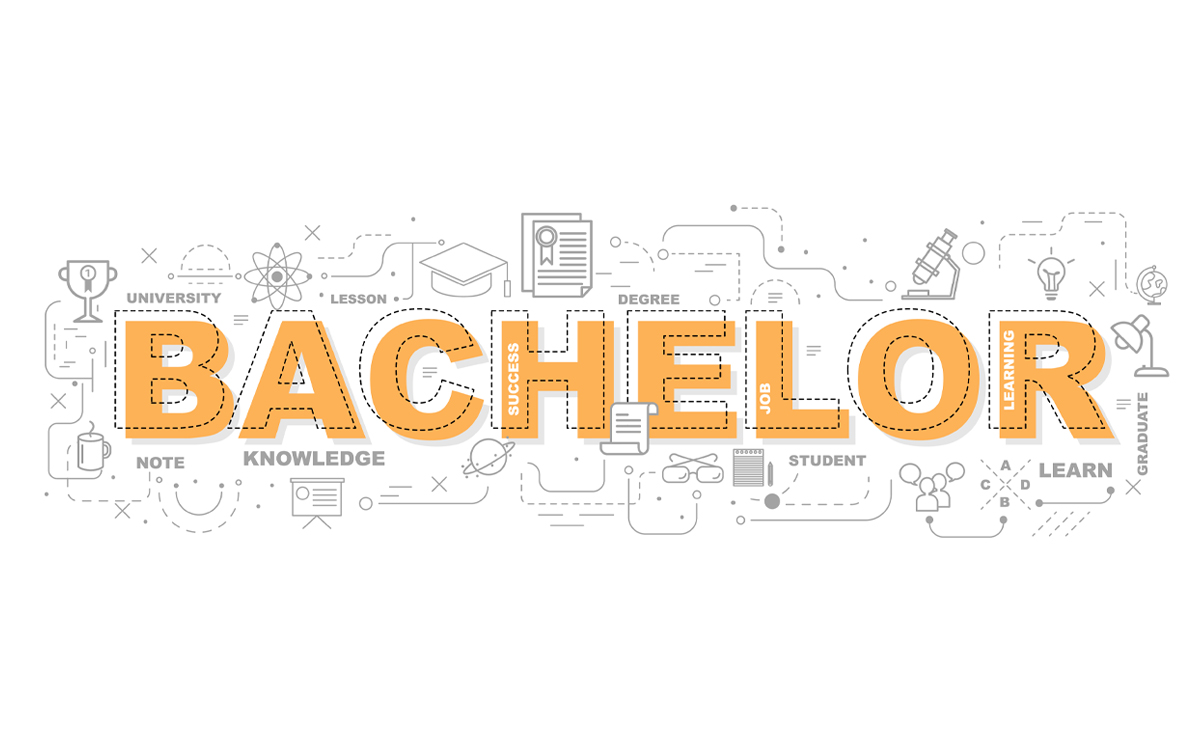
Some of the best fields in bachelor’s degrees offered are:
• Bachelor of Business Administration
• Bachelor in Environmental Sciences
• Bachelor of Computer Science
• Bachelor of Engineering
• Bachelor in Film, Photography & Media

A few popular Master’s degree options available in Canada:
• Master in Computer Science
• Master in Civil Engineering
• Master’s in Public Health
• Master in Finance
• Master in Human Resource Management
⇒ Academic Year
From the beginning of September to the end of April or the beginning of May, the majority of colleges and universities normally offer classes. Typically, the winter session is split into two terms that run from September through December and then again from January through April.
From May and August, a variety of summer study options are available. A select few schools in Canada also provide year-round education.
Undergraduate degrees can be earned in three or four years, depending on the university. Postgraduate degrees can be earned in one to two years, depending on the type.
In general, master’s programs last one to two years, but Doctorate programs are lengthier than in other nations. They typically take four to seven years to finish.
⇒ Admission Process
Regarding the standards for international student admission, each institution has its own set of rules. Also, the requirements for entry differ from program to program. For universities, the minimum requirement for the previous educational qualification is 60% and above, while the minimum requirement for community colleges is 55% and higher. Moreover, a score on English Proficiency is necessary.
The cost of a student visa for Canada is C$100, regardless of whether it has multiple entries or extensions.
Depending on whether you intend to pursue a bachelor’s or master’s degree, you will need to take a few entrance examinations.
Passing the SAT exam enables you to enroll in prestigious universities. Similar to this, you might need to pass the GRE and GMAT to enroll in a master’s program.
You must take the English language test as an international student, whether you’re pursuing a bachelor’s or master’s degree. IELTS, TOEFL, or PTE are examples of these tests.
We at Sasha Abroad International can assist you in organizing the required paperwork and can help you better understand the admissions process.
⇒ Work and Post study work
During term breaks and vacations, you are permitted to work full time in addition to 20 hours a week of study time. Your financial load will be lessened, allowing you to concentrate more on your studies.
After completing your courses, you may work in Canada for up to three years. Hence, you can establish a solid profile for increased career chances while also learning while earning.
Fast Facts
⇒ Canada’s higher education is not that expensive.
⇒ In Canada, the government oversees the majority of colleges and universities.
⇒ Via their studies in Canada, international students can get permanent residency.
⇒ In order to apply for permanent residency, you simply need to study for two years at a Canadian institution.
⇒ Canada is a very popular destination for foreign students. The number of international students coming to Canada is exploding.
⇒ In Canada, you can also study other languages. For its instruction in both English and French, Canadian education is well regarded.
⇒ Every student can feel safe in Canada, as they will never get bullied.
⇒ It is one of the coldest country in the world. An average daily temperature of -5.6 is seen across a huge country.
You want to career growth in Canada?
Apply Today!
Drop your any quiries regarding Study Abroad & Test Preparation, Out team will quickly connect with you to solve your quiries
